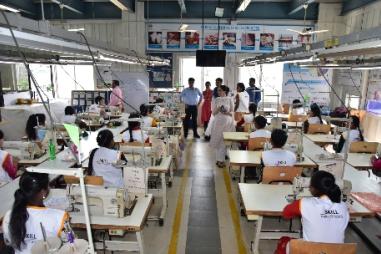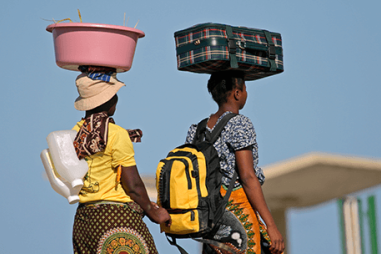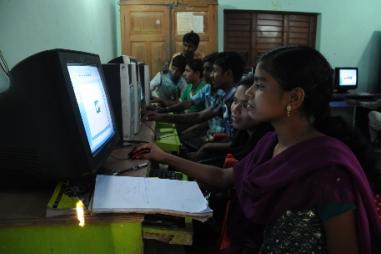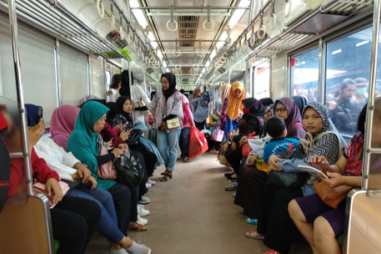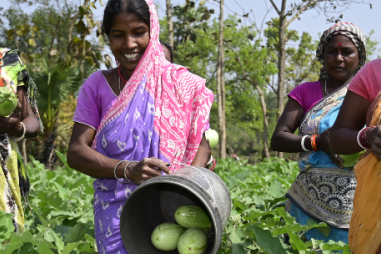Skills, livelihoods, and education systems
Our work so far has focused on three key areas:
- Understanding skills development systems, through diagnostic studies, strategy, and research work focused on education, skills development, technical vocational education and training (TVET), and employability.
- Using skills development as a lens to engage with a wide range of cross-cutting themes. Skills development is a multidimensional workstream. Increasingly issues relating to skills and livelihoods lie at the core of poverty reduction programmes, just transitions and climate adaptation, healthcare, youth employability and gender and social inclusion. At OPM, we combine in-depth sectoral work on skills development policy and programmes, with cross-sectoral work – collaborating across OPM practice areas such as the climate change, governance, and health teams.
- Monitoring, evaluating and learning (MEL) partner for skills programmes across countries: We specialise in evaluating skills programmes – with a focus on women and youth. We are currently the MEL partner for the Skill Impact Bond in India. We have also evaluated the Jobs, Skills and Finance Programme in The Gambia and also evaluated the Quality and Technical Assurance Group’s (QTAG) Youth Programme in Papua New Guinea, funded by the Government of Australia.
We work with diverse range of clients which include the World Bank, UNICEF, Mastercard Foundation, the German development agency GIZ, Department for Aid and Trade in New Zealand, Central Square Foundation, British Asian Trust, Templeton Foundation, and the Bill & Melinda Gates Foundation.
Our team
View all OPM staffFeatured
